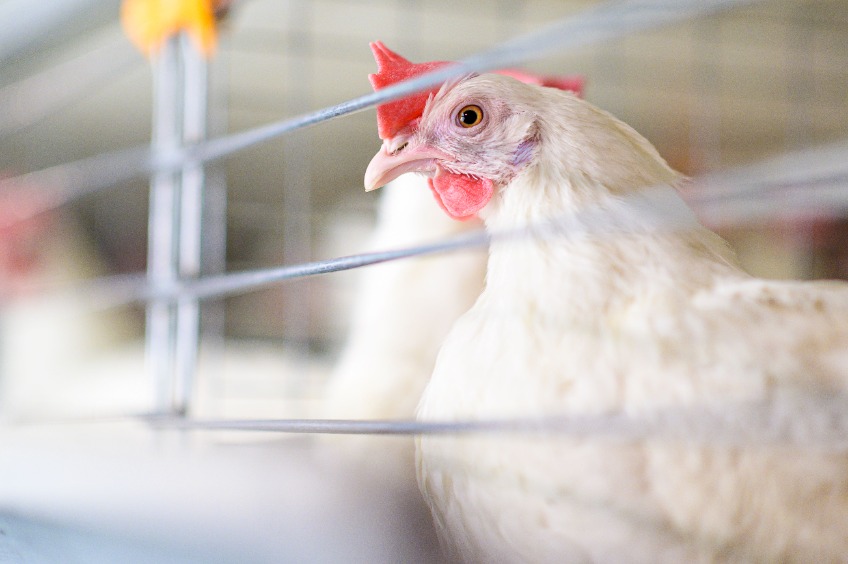
The RSPCA has highlighted fears that animals will 'suffer' as 44 EU inherited welfare laws, such as a ban on battery hens, are 'threatened'.
This, along with a ban on livestock growth promoters, are amongst carried-over EU legislation that could be lost, the charity warned.
Around 80% of all major animal welfare laws were agreed when the UK was a member of the European Union.
The threat comes from the Retained EU law (Revocation & Reform) Bill - 'REUL' - which passed its second reading in the Commons on Tuesday (25 October).
The REUL Bill sets out a filtering process to ascertain if a retained EU law should be continued. A total of 2,417 laws need to be assessed by the end of 2023.
The concern is that many of them - including the 44 animal welfare laws - could automatically be lost as time runs out, as laws will be revoked by default at that stage unless Ministers move to save them.
RSPCA head of public affairs, David Bowles said the clock was starting to tick on animal welfare standards in the UK.
“Hard-won laws that we take for granted now, such as the bans on battery hens, cosmetics testing on animals and growth promoters given to farm animals are now at risk and could be lost.
“If inertia or a lack of commitment from the new administration results in the time running out before the filtering process of those 44 key pieces of animal welfare legislation can take place, those laws will automatically vanish into thin air."
Mr Bowles said that would be a 'tragedy', as it would be a 'huge backward step' for animal health and welfare.
“We must not allow animal welfare standards to drop as a result of the UK government’s determination to create a bonfire of EU laws," he added.
The RSPCA is calling on the new government to drop the Bill, or extend it to the 2026 deadline as the Bill allows.
The UK government should also clarify the filter process and confirm which animal welfare laws will be safe and which ones will be examined or deleted.
The filtering process to ascertain if a retained EU law should be maintained is unclear.
However, Defra, with responsibility for 570 laws - the largest number of EU retained laws and which contain the UK’s high animal welfare and environmental standards - arguably has the hardest task.
Eighteen of the 44 pieces of legislation carried over which now require ‘filtering’ relate to farm animals - the largest body of legislation - but others protect wild animals, animals in science and pets.
